#literature facts
Text
Random Fact #6,487
J.R.R. Tolkien absolutely loathed the Beatles, who were his neighbours three doors down.
He didn't like having to listen to their "noise" when they practiced in their garage.

#did you know#random facts#random fact#little known fact#random factoid#random factoids#yes really#literature facts#tolkien#jrr tolkien#j.r.r. tolkien#the beatles#ringo starr#john lennon#paul mcartney#george harrison#history facts
37 notes
·
View notes
Text
Still not over the fact that Franz Kafka in his last will specifically asked his friend, Max Brod, to burn the texts he was working on and not to publish them. Then Kafka died and Brod did not, in fact, burn the texts and instead published them
Source: my Polish teacher in high school
11 notes
·
View notes
Text

-Rumi
#love quotes#poetry#poem#dark academia#light academia#quotes#romance#romantic academia#love poem#memes#writers on tumblr#spilled ink#inspiring quotes#life quotes#spilled thoughts#art#ink#thoughts#facts#quoteoftheday#rumi#literature#cottage aesthetic#cottagecore#written#poems and poetry#princerabbi#book quote#english literature#literary quotes
10K notes
·
View notes
Text









Ada Limón, "Accident Report in the Tall, Tall Weeds" // SouthFloridaReporter.com // Wikipedia, "Baking Powder" // Caroline McCaughey (AARP), "8 Big Inventions Inspired by Love" // Wikipedia, "Band-Aid" // Jim Walsh, "What's the love story behind Pepperidge Farm Goldfish crackers?" // NYFA, "The History of Drive-In Movie Theaters" // Caroline McCaughey, ibid. // Sarah Ruhl, The Clean House
#theme: love to the point of invention#web weaving#webs#web weave#poetry#prose#aesthetic#prose poetry#literature#book quotes#novels#novel quotes#books#quotes#fun facts#wikipedia#wikipedia poetry#compilation#parallels#i love the way men love#love quotes#ada limón#sarah ruhl#history#inspo#words#writing
3K notes
·
View notes
Text
Love that Oppenheimer is a deeply disturbing horror movie about a man forced to accept that he is, in a person, the representative manifestation of mankind’s evil in committing one of the greatest horrors of human history - LITERALLY acting as the modern Prometheus, tormented by his sins for the remainder of time. Knowing that he will never be pitied and his actions will forever be utterly unforgivable because the blood of genocide and the potential of total human annihilation will eternally drip from his hands.
But also the simultaneous indictment by the film that to blame a single person for the Manhattan Project is to refuse to accept your own capacity for great evil if the ends ever seem to justify the means, and the culpability of every member of a species that lets itself create something so unspeakably terrible.
Hate that twitter’s take on such a nuanced and brilliantly handled examination of those issues is “movie bad because protagonist not evil enough.”
#what’s that quote about the problem with othering the enemy in media is that we can no longer see our own reflection in their eyes#oppenheimer’s motivations WERE sympathetic that’s the POINT#we SHOULD feel uncomfortable with our sympathy for him - the film goes out of its way to make us feel uncomfortable about it#we should be uncomfortable with the fact that we might have made the same decisions as him in his place#yes he’s evil but his evilness represents the evil that we might all accept in ourselves#twitter simply cannot handle nuanced takes on things ig (tumblr does though - the posts on here have been surprisingly excellent)#oppenheimer#(tldr - look if you walk out of Oppenheimer thinking it somehow celebrates the man then you may need to retake 9th grade Literature srry)#films
6K notes
·
View notes
Text
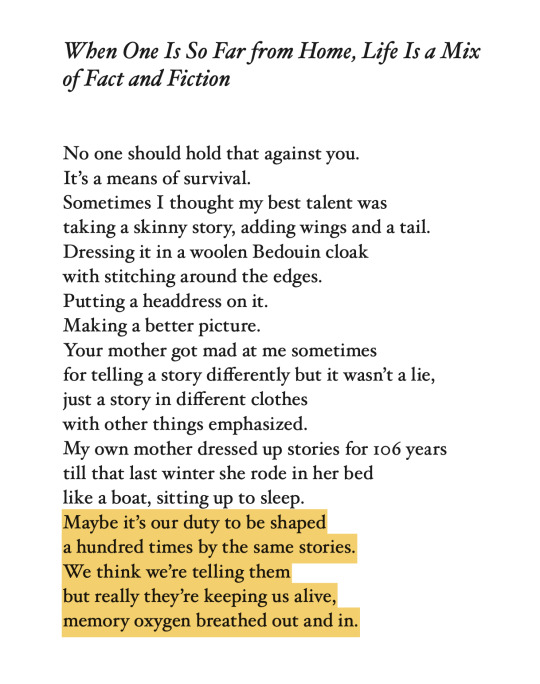
from "11 POEMS—TITLES BY AZIZ SHIHAB—FROM HIS NOTEBOOKS" as featured in Naomi Shihab Nye's Transfer: Poems
#aziz shihab#naomi shihab nye#when one is so far from home life is a mix of fact and fiction#words#poetry#typography#on storytelling#palestinian literature
2K notes
·
View notes
Text

#quotes#attracted#emotions#book quotes#english literature#feelings#love#romantic quotes#love quotes#thoughtful#facts#dumblr
3K notes
·
View notes
Text
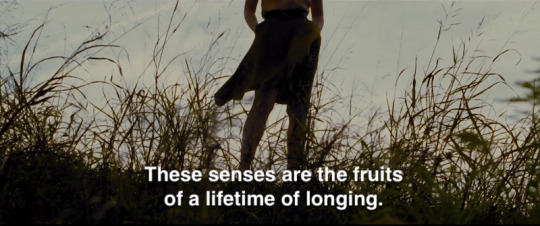



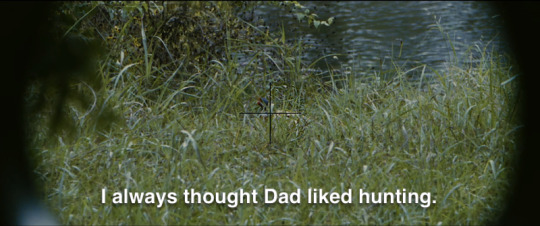
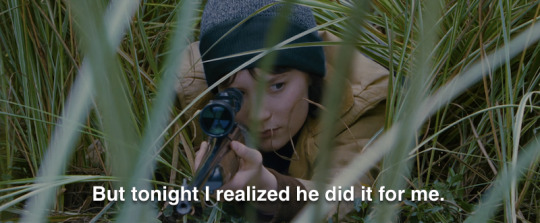


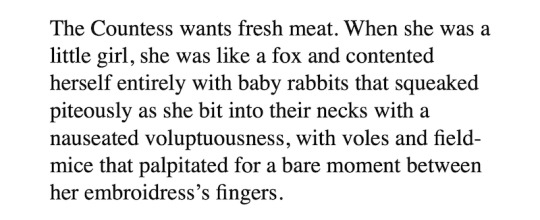





Stoker (2013) dir. Park Chan-wook and "The Lady of the House of Love" by Angela Carter
#stoker#mia wasikowska#park chan wook#vampires#horror#angela carter#gothic literature#comparatives#the lady of the house of love#ignore the fact that i've already made this exact post with pearl#*
1K notes
·
View notes
Text


“Tolkien wasn’t good at writing women” well explain this
#the fact that he mentions this in two *seperate* essays#just bought NOME from my local bookstore#silmarillion#the silmarillion#tolkien#j.r.r. tolkien#lord of the rings#silm#nature of middle earth#silmposting#tolkienposting#jrr tolkien#lotr#middle earth#tolkien memes#silm memes#lotr memes#numenor#literature#literature memes#bookblr
2K notes
·
View notes
Text

#black panther party#black panthers#black history#black tumblr#black literature#black excellence#black community#civil rights#black history is american history#civil rights movement#black girl magic#blackexcellence365#equal rights#black lives matter#black history matters#african american history#american history#american#black history month#black history facts
1K notes
·
View notes
Text
You can’t be too good at your job: FALSE.
Richard Mansfield’s 1880s onstage portrayal of Dr. Jekyll’s transformation into Mr. Hyde was so good that people accused him of being Jack the Ripper and even wrote letters to the London police encouraging his arrest.

#why is this so funny#imagine if Zefron got accused of being a serial killer bc of his Ted Bundy portrayal#you’re getting a little too accurate there my guy#jekyll and hyde#dr jekyll and mr hyde#Richard Mansfield#plays#books#novels#jack the ripper#literature#classic literature#classics#robert louis stevenson#history#theatre#theatre history#history facts#fun facts#acting
2K notes
·
View notes
Text
Black History Fact #1
Alexandre Dumas was part Black.
His father's mother, Louise-Céssette Dumas, was an enslaved Haitian.
As Alexandre Dumas became successful, his critics launched racist public attacks on him—one cartoon depicts Dumas boiling his white characters alive.
Dumas fought back against these attacks, telling one critic, "My father was a mulatto, my grandfather was a Negro, and my great-grandfather a monkey. You see, Sir, my family starts where yours ends."
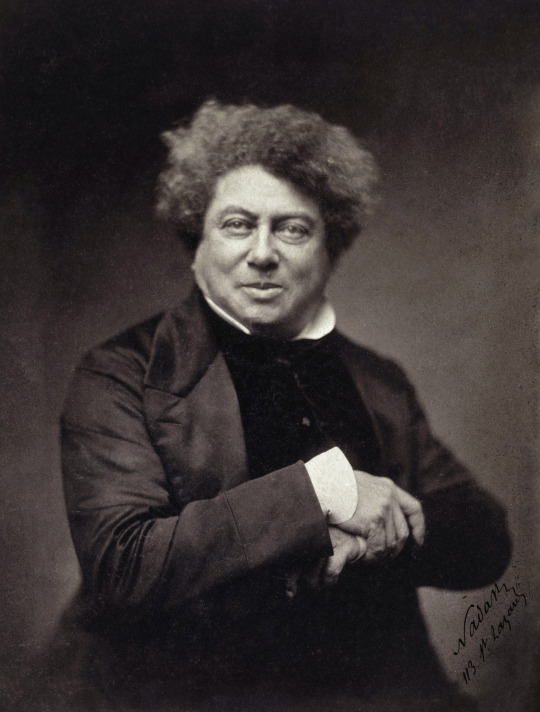
#alexandre dumas#did you know#random facts#random fact#random factoid#little known fact#random factoids#yes really#history facts#literature facts#black history
5 notes
·
View notes
Note
Do you know why dogs do that little exhausted sigh when they lie down even when they haven't really done anything that particular day?
I, too, make exhausted little sighs when I flop down and am suddenly extremely comfy!
But, okay, here's what super interesting. I didn't want to just give you a flippant answer, so I started looking up if sighing is a behavior in other species than humans. Because it's always worth keeping an eye out for accidental anthropomorphism. Turns out? The science on sighing is fascinating. Stay tuned for intense nerding out, and maybe a bit more of an answer.
First off, we gotta know what a sigh is.
"The sigh is a deep augmented breath with distinct neurobiological, physiological, and psychological properties that distinguish it from a normal eupneic breath. Sighs are typically triggered by a normal eupneic breath and are followed by a respiratory pause, which is referred to as 'postsigh apnea.'"
In non-jargon, that definition means sighs are a deep breath with a different pattern to it than normal, easy, regular breathing. "Augmented breaths" are frequently used as a synonym for "sighs", and the best definition I found is that "they comprise prolonged inspiration and increased tidal volume followed by a respiratory pause and several seconds of faster breathing. So a longer than normal inhale where you take in more air than normal, then an exhale, and then pause before breathing in again. Oh hey, look, I found a graph!

The graph is super well labeled, but just to be clear: each cycle of the red line is a normal breath, where what's being tracked is the movement of the chest wall. The part where the vertical blue bar is, that's the cycle with a sigh. The red line spikes really high (during inspiration, or breathing in) at that blue patch, and for longer than the normal period of a breath. See how it's almost like two inhales on top of each other - a normal slope and then another upward spike? That's the "augmentation" of the normal breath, almost a double inhale without breathing out in-between. Then, after the red line drops (on the exhale) there's a flat bit. That's the respiratory pause, which the period after the sigh where you wait before you inhale again.
Apparently people have been tracking sighing scientific for like, over 100 years. The first record of it in academic literature was in 1919. And we know some really cool stuff. All humans sigh spontaneously. Even babies sigh! They do it every few minutes, whereas it's less frequent but still pretty regular in adults: one study found about once every five minutes, or twelve sighs an hour.
Okay, but why do we sigh? We only sort of know, because there's a bunch of different things that have to be studied to answer that question. The direct physiological aspect of it is the most well known at this point. You've got lots of little sacs lining your lungs, called alveoli, that facilitate gas transfer from the air you breathe into your blood. They make sure oxygen goes in and carbon dioxide gets breathed out. But sometimes they collapse and deflate, which prevents them from doing their job. When you do a big sigh, the air quantity in your lungs ends up being double that of normal, which inflates them again. So sighing is a way of doing lung maintenance, in a sense.
But there's so much more going on when you sigh than just that! This is the stuff researchers are still working on. They've got some pretty solid conclusions to start, but they're very emphatic that there's a ton more to learn.
Basically, the main hypothesis right now is that sighing functions as a "reset" for your internal state when it's out of balance. People sigh more when they're acutely anxious or stressed, are anticipating a negative outcome like a shock or seeing a negative image, or have chronic anxiety, PTSD, or panic disorders. Higher sigh frequency is also associated with pain: people with chronic low back pain sigh more, and how much they do correlates with how high their pain rating is at the time!
Another aspect of sighing is that it's frequently associated with periods of relief. Studies have noted that people sigh when they're able to relax following tension, like if they're interrupted while trying to do something really mentally taxing, when they finish a task that took a lot of attention for a long time, or if a negative stimulus stops/goes away. The reason behind that is actually thought to be why people sigh so much when they're upset or in pain: sighing doesn't just signal relief, but actually cause it! Some studies have found that people experience a temporary reduction in muscle tension right after a spontaneous sigh. (Unfortunately, that doesn't seem to also happen when you sigh on purpose.)
Sighing is also thought to facilitate behavioral and emotional transitions. The frequency at which someone sighs changes even just when they transition from sitting to lying down. People frequently sigh right before they fall asleep or start to wake up. One study found that people sigh more frequently when they go from a situation of being unable to anticipate what's next to a situation where they know what the outcome will be - regardless of if that outcome is going to be negative or positive! That led the researchers to hypothesize that sighing functions as an emotional reset from states of high internal arousal (a word which here means "the state of feeling awake, activated, and highly reactive to stimuli.") So sighing might not just bring relief when something really intense ends, but it might also help people prepare for upcoming stress.
Basically, researchers think that sighing may contribute to what they call "psychophysiological flexibility." That means that sighing helps keep someone in a physiological and emotional state that matches the situation they're in, and helps the body and mind adapt quickly when something changes. They noted that these types of transitions may involve "anticipatory, activation or recovery responses." In other words: they think spontaneous sighing is relevant not only when you're worried about encountering a leopard in the bush, but when you have to hide from the leopard you tripped over, and then also when you're calming down after the leopard got bored and left.
There's a whole bunch of research left to do about how exactly spontaneous sighs do what they do, but there's also a whole other aspect of the behavior that hasn't really been studied yet: their social function! In humans audible sighing is a salient social signal. (The researchers said the part of the paper addressing this that it is a "lay belief" that sighs have a "communicative function to convey emotions," which makes the whole thing feel like it was written by aliens observing humans from afar). But they did note that sighs for social communications may be totally different from other types of sighs, since the exhalation is often very exaggerated and doesn't always occur in tandem with that "augmented" inhale pattern that spontaneous sighs have.
Okay. So. I've been a nerd forever, but what about doggo sighs? Why do they occur? Obviously, the research doesn't give us a direct answer. The majority of the behavioral / situational research on sighing has been done on people, not animals. But it's pretty well documented lots of animals sigh (it might even be all mammals, I just don't have a citation for that). And some of the studies that have been done on animals indicated that they, too, sigh in relief when negative situations end or unpleasant stimuli go away.
Let's go back to my joke at the beginning of this book I've written. My first instinct was to be like "who doesn't sigh in relaxation when they finally get a chance to rest their bones?" That totally matches what's in the research: getting a chance to rest after activity is often both a behavioral transition and an emotional one, and if there's any physical discomfort being experienced, physical rest is often is a relief.
It seems fairly probable that dogs sigh when they lay down for at least one of those reasons. I can't prove that hypothesis, but it tracks with what the science says so far. The situation you described meets the main identified criteria for sighing: there's the physical transition of laying down, the behavioral/emotional transition of being ready for a period of low/no activity, and the possible relief of pain or discomfort that comes with laying down. We don't have any any evidence (that I was able to find) of species that sigh for other reasons, or sigh in situations that don't meet those criteria. We don't know for sure that this is accurate - this isn't fact, simply my educated guess. But since sighing seems to help muscles relax and relief discomfort, it seems reasonable to me that a good old sigh after the relief of laying down would make the transition to a resting state feel even better.
Sources:
Effects of the hippocampus on the motor expression of augmented breaths
Brainstem activity, apnea, and death during seizures induced by intrahippocampal kainic acid in anaesthetized rats
The Integrative Role of the Sigh in Psychology, Physiology, Pathology, and Neurobiology
Sigh rate during emotional transitions: More evidence for a sigh of relief
The psychophysiology of the sigh: I: The sigh from the physiological perspective
The psychophysiology of the sigh: II: The sigh from the psychological perspective
Affect Arousal
UCLA and Stanford researchers pinpoint origin of sighing reflex in the brain
#science!#dog behavior#sighing#sighs#I want to emphasize this is a hypothesis based on the existing body of research and that I am not an expert in this field#there are times where it is reasonable to look at the existing literature and create theories based on a synthesis of their findings#but this is not something to repeat as known fact#and that differentiation is extremely important in this sort of forum
3K notes
·
View notes
Text
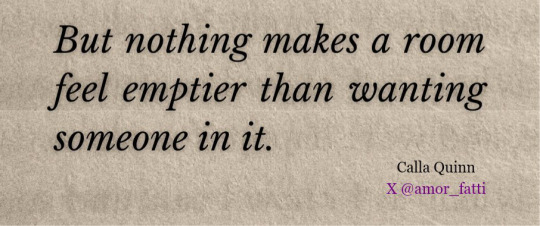
Quote
#love quotes#poetry#poem#dark academia#light academia#quotes#romance#romantic academia#love poem#memes#writers on tumblr#spilled ink#inspiring quotes#life quotes#spilled thoughts#ink#thoughts#facts#quoteoftheday#art#cottage aesthetic#cottagecore#literature#written#poems and poetry
1K notes
·
View notes
Text


This really was the moment when we knew Kassandra was the best girl around tho
#Kassandra is introduced and is looking all wistful and majestic#then someone yells at her and calls her a shit face and she gets punched in the nose#in the most cartoonish way possible that makes it clear she is in fact a shit face#and then we get to know her noble background and tragic backstory#and then she’s stealing a man’s prosthetic eye and shoving it up a goats ass#the most compelling character in all of literature#Kassandra#assassin’s creed odyssey
326 notes
·
View notes
Text
This world is unbelievably apathetic to night owls.
#I can't help the fact that my brain is more productive during the night...#dark academia#chaotic academia#spilled words#spilled ink#qoutes#booklr#classic academia#reading#books and libraries#light academia#night#night owl#classic literature#literature#english literature#academia aesthetic#books books books#spilled thoughts#spilled writing#spilled feelings#writeblr#relateable#relatable quotes
436 notes
·
View notes